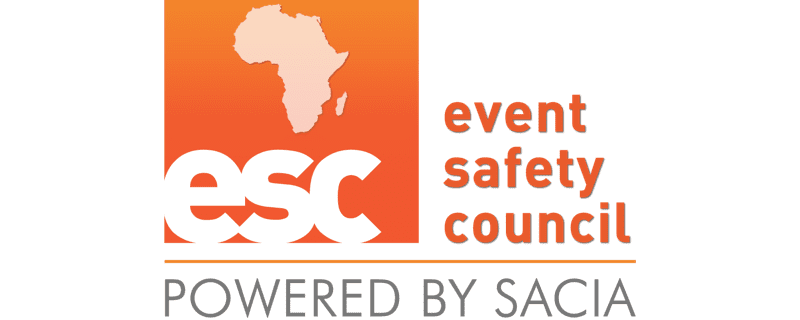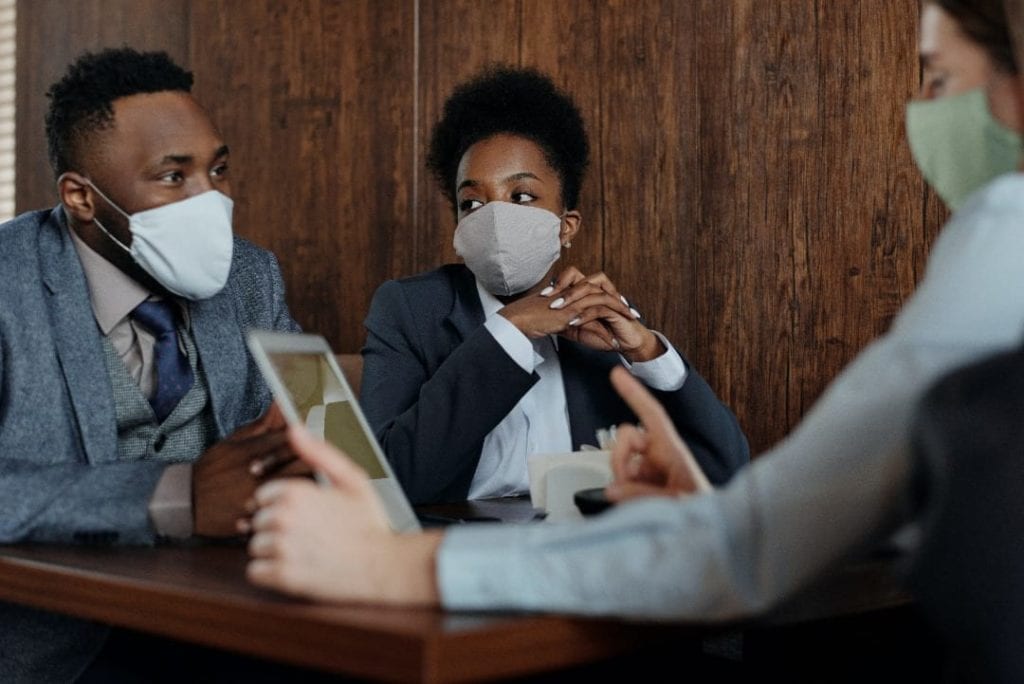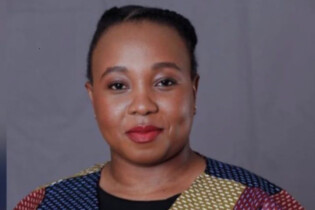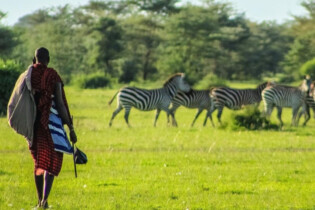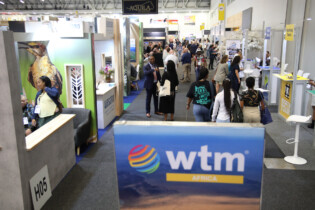Business has undergone a major change over the past year, and with the COVID-19 pandemic bringing the live events industry to a near halt, it has resulted in a busy 15 months for SACIA’s Event Safety Council.
Comprised of several safety specialists and organisations providing event safety solutions for South Africa’s events industry, the Event Safety Council is part of a global network of professionals focused on health and safety in the events industry.
According to an official statement received by theplanner.guru, the pandemic saw Event Safety Council members who were unable to earn a living because of lockdown restrictions using their time to drive the recovery of the event sector in South Africa.
“It has been a rollercoaster ride, keeping one’s wits about you, staying motivated and positive, and pressurising the government to recognise that our professional recovery plan will successfully keep people COVID-safe at the events we host,” says Event Safety Council interim chair Mike Lord.
“COVID-19 is a complex problem, and there is no single, simple solution. The environment keeps changing, and the laws are constantly being adjusted – as a result, it is difficult to keep up.”
Shifted focus
The Event Safety Council was previously focused on the management of general safety risks such as crowd control, structures and fire, however, the pandemic has underscored health risks as a major concern. The ability of the Covid-19 disease to spread during social gatherings and in enclosed spaces has warranted much attention and meant that health and safety risks must be identified and managed together with general risks when planning an event.
“COVID-19 is a complex problem, and there is no single, simple solution. The environment keeps changing, and the laws are constantly being adjusted – as a result, it is difficult to keep up. We are tackling the problem with science, facts and experience while keeping an eye on global trends,” explains Mike.
Uncertainty over the past 15 months has made planning difficult and, as Mike puts it, “threatens the very survival of this sector”. It is for this reason that the events industry has launched the #TrustUs campaign and continues to lobby the government to work with the ESC and other industry experts to safely re-open events.
“Government and private sector need to work collaboratively. Once the government takes our sector into their confidence, they will realise that we are a dynamic, professional, solutions-driven industry with implementable solutions that can safely open the road to recovery. The laws governing events in South Africa are already in place, and with enforcement and compliance, we believe we can hold organised events in a COVID-safe manner,” Mike adds.
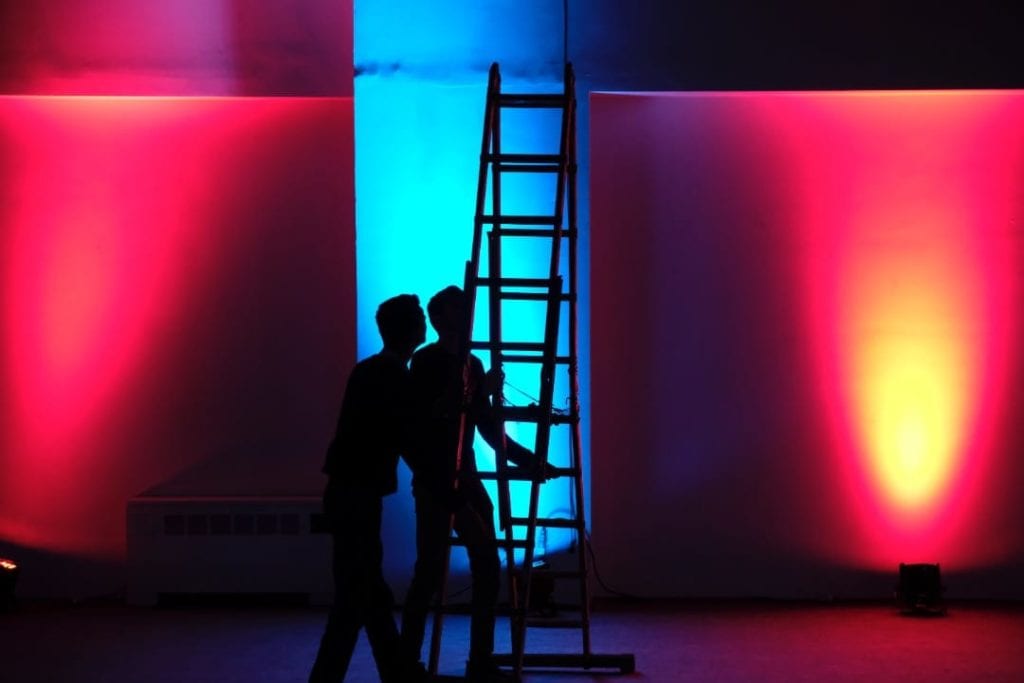
The Safety at Sports and Recreation Events Act (SASREA) defines an event as a “sporting, entertainment, recreational, religious, cultural, exhibitional, organisational or similar activities”.
“While broad, it has become evident that each of these events falls into a sporting, live/entertainment or business category. The Council has been working towards aligning the thinking around safety across subsectors. “All three segments must work together in responding to COVID-19 to allow higher numbers to attend all types of events in a safe, controlled and organised manner,” notes Mike.
Interestingly, in South Africa, events such as conferences, exhibitions and other business-related meetings fall under the Department of Tourism. By comparison, live acts and sporting events fall under the Department of Sports, Arts and Culture (DSAC). This means that any efforts to change policy must be approached differently for each type of event.
Sam September, vice chair of the Event Safety Council, has been involved in consulting with various government entities and other stakeholders.
“The event space has always been regulated, but the advent of COVID-19 has brought the issue of health and safety into stark focus. Our progress has sometimes been slow and frustrating, but the Event Safety Council’s effort since lockdown commenced has not been in vain. I believe that continued interaction with the government structures will lead to a better understanding of our industry, and a recognition of our sector’s contribution to the GDP of our country. We will come out of this pandemic a much stronger, united sector with a closer relationship with our key stakeholder, the DSAC,” he says.
LIVE EVENTS
Together with its partners from the SA Events Council (SAEC), the Event Safety Council is actively engaging with the DSAC.
“Since SACIA published the Re-Opening Guidelines for the events industry in June 2020, the message that the sector is ready to re-open safely has been echoed across all subsequent initiatives… DSAC now recognises SACIA as representatives of the industry. SACIA members work closely with senior officials from DSAC to develop a roadmap for recovery,” says SACIA executive director, Kevan Jones.
SPORTING EVENTS
Several national sporting federations have recognised SACIA’s work and asked them to consult on the re-opening plan for sporting spectators. Earlier this year, DSAC mandated that the South African Sports Confederation and Olympic Committee (SASCOC) manage COVID-19 protocols for the sports industry and provide a response plan.
This led to SASCOC formally inviting the Event Safety Council to join its working committee to assist SASCOC in writing Spectator Guidelines that were presented to the DSAC at the end of March. Since then, the Council has been involved in lobbying DSAC around the implementation of the Spectator Guidelines. This proposes the use of lateral flow antigen rapid testing as a screening mechanism for eliminating COVID-19 when large numbers are in attendance and preventing the event from being a super spreader.
The Council has recommended that spectators be allowed to return to sporting events through a set of pilots in which rapid antigen testing is used.
BUSINESS EVENTS
The live and business event sectors have collectively adopted the Re-Opening Guidelines and agreed on their role in the recovery of events.
As part of the SA Events Council, the Event Safety Council has been party to all discussions with the Department of Tourism and the Tourism Business Council South Africa in lobbying for the re-opening of business events as a catalyst in the recovery of the South African economy and a driver of business tourism.
Both groups are working to put business events forward as safe environments, with a number of proof-of-concept events serving as showcases of how this is possible.
RELATED: Catch up on Event Safety for Dummies


